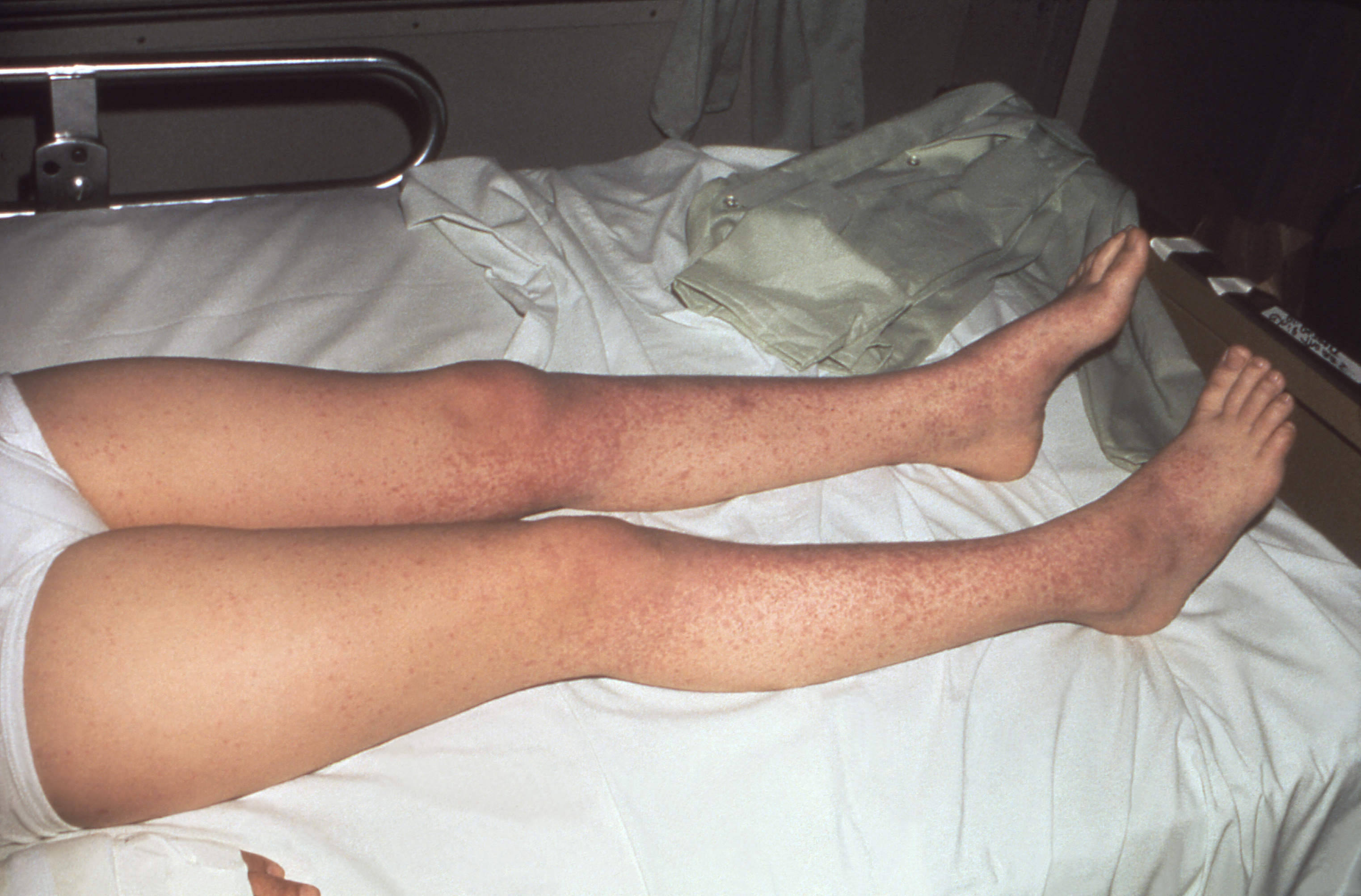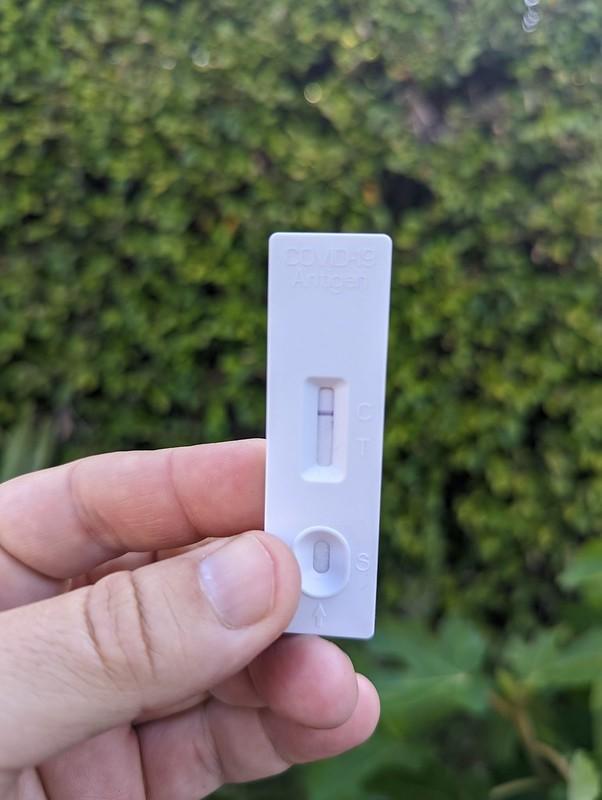
Children who are given polymerase chain reaction (PCR) tests that simultaneously look for multiple causes of a rash may test falsely positive for measles if they recently had a dose of the measles, mumps, rubella (MMR) vaccine, according to a new study in Morbidity and Mortality Weekly Report.
MMR vaccine includes live attenuated measles virus, which is detectable by PCR tests but does not cause active infections in people with healthy immune systems. From September 2022 to January 2023, however, the Tennessee Department of Health received two reports of measles detected by PCR panels conducted for rashes.
The children (aged 1 and 6 years) had no known risk factors for measles, but their rashes appeared 11 to 13 days after routine MMR vaccination. Further testing showed the PCR test had detected live attenuated measles virus used in MMR vaccine.
1% of tests positive for measles
The Tennessee cases triggered a wider nationwide assessment of PCR panels. From May 2022 to April 2023, among 1,548 syndromic PCR panels conducted for rashes, 17 (1.1%) returned positive test results for measles virus.
In 14 of the 17 positive tests, patients had received MMR vaccine an average 12 days before specimen collection, and none had known risk factors for acquiring measles, the authors said.
Inclusion of measles virus in syndromic PCR panels can result in incidental detection of measles vaccine virus.
"As demonstrated by this analysis, inclusion of measles virus in syndromic PCR panels can result in incidental detection of measles vaccine virus," the authors said. "When measles infection is not clinically suspected but detected by syndromic PCR testing, public health agencies should consider the likelihood of incidental measles vaccine virus detection by assessing measles vaccination history and risk factors."















